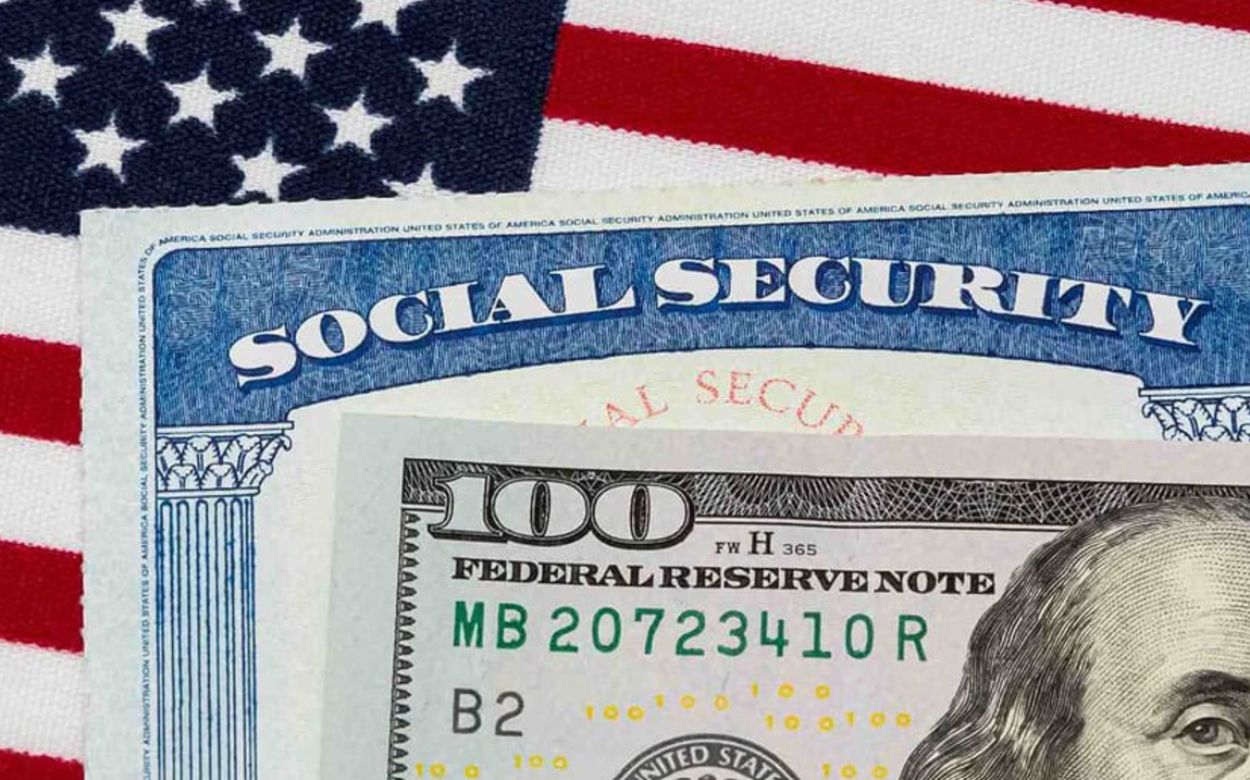Women’s Social Security Payment Drops to $14 Because of Overpayment: Tap here to know more
One woman’s Social Security payments were reduced to just $14 a month after the Social Security Administration made an error that resulted in a significant overpayment. Jessica Melton, a disabled lady from Tennessee, was awarded $12,000 by the Social Security Administration and has been attempting to repay the money since she discovered it. Overpayments occur when the SSA sends beneficiaries more money than they should have received.

This can occur when a beneficiary fails to update the SSA with their current income, living circumstances, or marital status, but it can also be due to a mistake on the SSA’s part. Almost a million Americans get overpayment letters yearly, totaling around $23 billion in uncollected overpayments.
In 2022, the SSA recovered $4.7 billion in overpayments. While the condition is uncommon, it can cost seniors thousands of dollars or more if not detected in time. Melton, a disabled woman who is unable to work, has been receiving Supplemental Security Income (SSI) payments for several years. Despite the SSI specifying a monthly income limit of $3,000 for married couples, Melton received an overpayment notification from the SSA demanding she repay the $12,000 the SSA overpaid her.
While she was first assured the overpayment was not her fault at the beginning of the month, the SSA reversed course two weeks later with a letter stating she was accountable for the error, she told Knoxville TV station WATE. The overpayment had been accruing for years. “They stated that they will examine my case every two years. “It’s been fine until 2021,” Melton told the radio. “My husband makes too much money.” Because the SSA blamed her for the overpayments, Melton is still liable for $12,000. “This keeps me paying a debt I don’t owe,” Melton explained.
What Comes Next?
Other Americans who overspend may face substantial repercussions, including lower future benefits. “To avoid payments in excess, people should monitor their income closely and guarantee it remains below the eligibility threshold,” according to Thompson. “If they are approaching the limit, they may want to adjust to avoid falling out of compliance, especially if they are self-employed.” Any increase in income should be reported to the Social Security Administration immediately to avoid overpayments.”
If you receive an overpayment notification, Ryan recommends filing an appeal within 60 days and asking the SSA for a breakdown of the computed overpayment. You may be eligible for a waiver if you cannot afford to pay.


Comments are closed, but trackbacks and pingbacks are open.